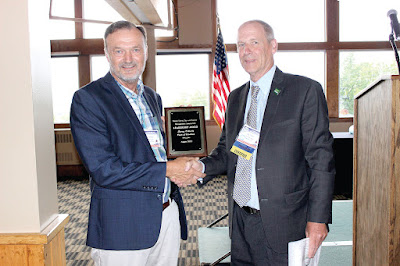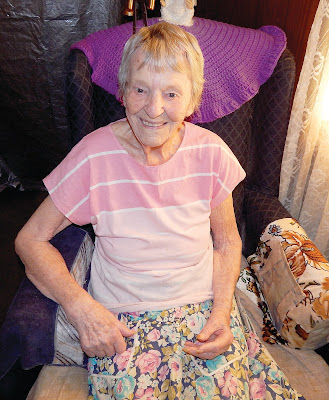By Ed Pierce
An agreement has been reached to clean up and demolish the old Keddy Mill site in South Windham under an initiative to protect human health and the environment.
Officials from the U.S. Environmental Protection Agency and ITT LLC, the company responsible for the 6.93-acre site and structure off Depot Street in South Windham, say that the former industrial building on the site will be razed and contaminated materials there will be removed.
Testing has determined that the two-story concrete industrial structure on the property contains elevated levels of polychlorinated biphenyls (PCBs), asbestos, and other contaminants known to pose a risk to human health and the environment.
Located at 7 Depot St., the crumbling two-story concrete building at the site is thought to have been built in the early 20th century, although mill operations at that location date to the mid-1800s. Throughout the site’s history, several buildings have been constructed there and added to the mill complex.
Originally the mill was used as a grist and carding mill before being converted to a pulp mill, a box-board manufacturing facility and a steel mill. The site is in a mixed commercial/residential area in South Windham and is bounded by Depot Street to the north, a former Maine Central Railroad right-of-way to the east, and undeveloped property and the Presumpscot River to the south, and by Route 202/Main Street and an operational hydroelectric facility to the west.
The building itself at 7 Depot St. sits on a concrete/soil foundation and contains a full basement. The EPA reports that no wells or known private drinking water sources are situated close to the location.
Under the Administrative Settlement Agreement and Order on Consent reached between the EPA and the responsible party, the cleanup work will be done in compliance with the Comprehensive Environmental Response, Compensation, and Liability Act, commonly known as the "Superfund," and ensures that the cleanup will protect human health and the environment. Cleanup work is expected to be phased, initially consisting of pre-design investigation activities, beginning this year.
"EPA is very pleased that after years of assessment and discussion with the community, we are moving into a significant stage of recovery and reclamation of this site," said EPA New England Regional Administrator David W. Cash. "The upcoming building demolition and removal of contaminated materials is an important step in the lengthy process of returning a Superfund site to productive use in a community."
The property was first listed on the National Priorities List of Superfund sites in 2014. The Superfund is the federal program that investigates and cleans up the most complex, uncontrolled, or abandoned hazardous waste sites in the country to protect people's health and the environment.
Initial EPA actions there were launched in the 1980s. Data was collected during these investigations, as well a fuel oil spill, resulting in two previous cleanup actions performed at the site. In 1997, an action to remove nearly 11 tons of petroleum-impacted soil from the north-central portion of the property was conducted in accordance with Maine Department of Environmental Protection requirements. In 2010, a second cleanup action removed accessible PCB-contaminated fuel oils in piping and PCB-contaminated sludge, dirt, debris, and oil materials within the buildings on the site.
EPA completed a thorough site investigation in January 2013 and a Hazard Ranking System package in April 2013. Following that, the Keddy Mill site was placed on the NPL Superfund list in May 2014. A Remedial Investigation and Feasibility Study was initiated there in 2015 to determine the nature and extent of contamination and the risks posed to human health and the environment and evaluate alternative cleanup measures if necessary.
An Action Memorandum for a Non-time Critical Removal Action was signed by EPA and ITC LLC in 2018. That required that contaminated building materials must be removed from the site and sent to an off-site licensed hazardous waste site facility. The primary building contaminants exceeding acceptable human health standards included polychorinated biphenals (PCBs) and asbestos.
Windham Town Council Chair Jarrod Maxfield said the cleanup announcement is welcome news for South Windham residents.
“Ever since I started in town government, I have been hearing about the Keddy Mill and the eventual cleanup that will happen,” Maxfield said. “This is the first of many steps to clean that site, redevelop it and open more opportunities for South Windham to become the vibrant, mixed-use community it once was and will be again.” <















